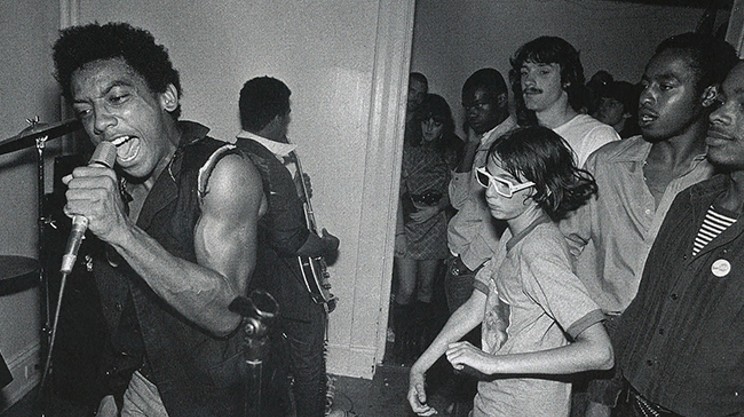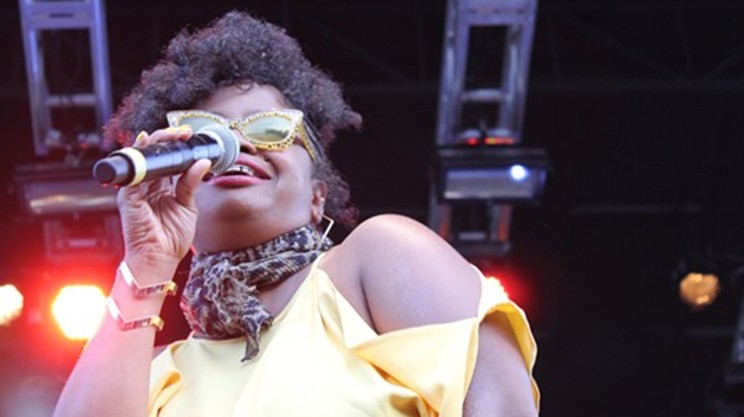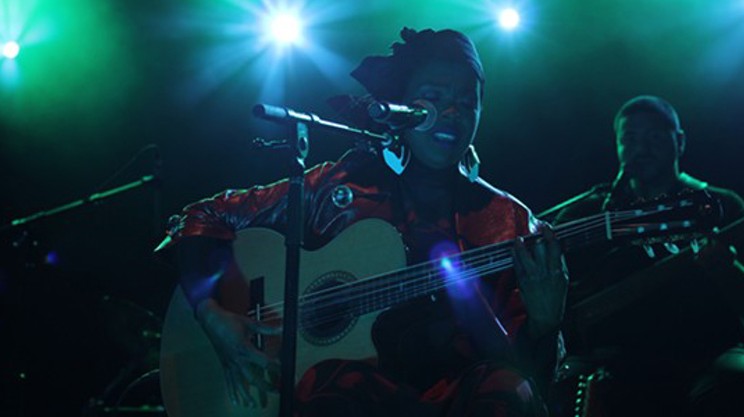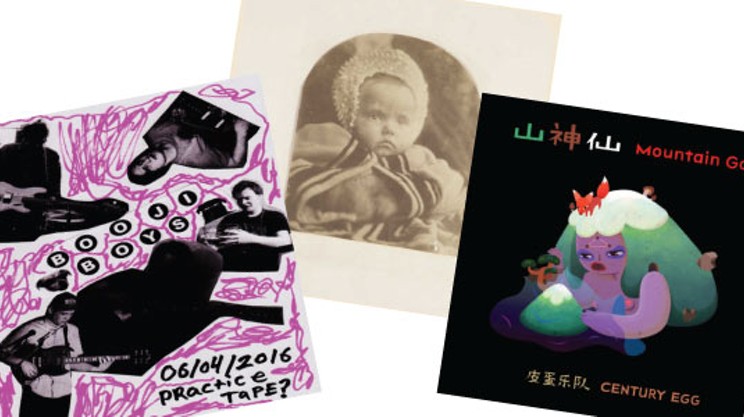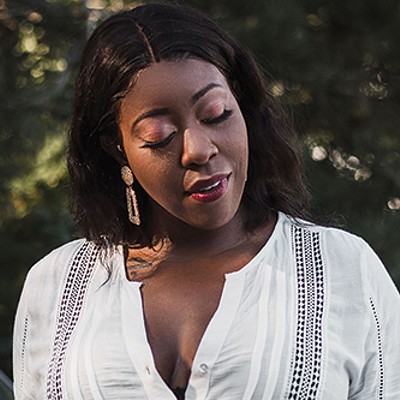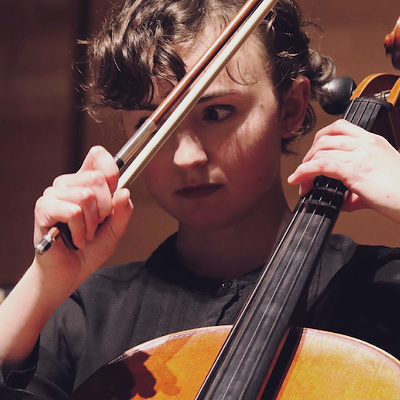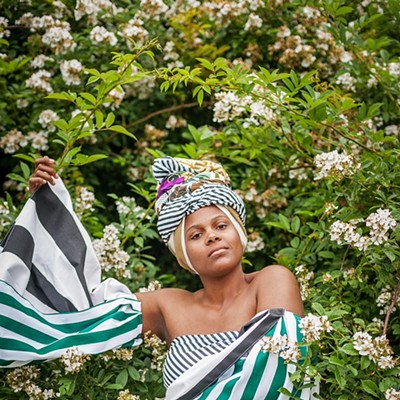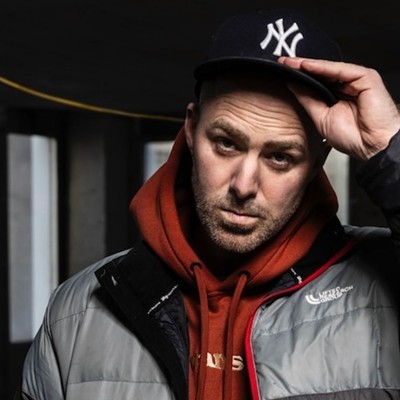Halifax: It's about time we acknowledge the contemporary North American identity is shifting and artists—locally and otherwise—are showing up from the margins to challenge the status quo.
This is becoming a palatable feeling in the local music community, where cultural shifts in language and values have seen tensions and confusion mounting. For example, a few weeks ago, The Coast published a reflection on the dwindling support for the live music scene. Conversations between artists and industry professionals are questioning ideas of community, allegiance, "solidarity" and wondering exactly who is supported and how.
Can local venues, festivals, promoters and Music Nova Scotia work together to create a vibrant working community? What kinds of barriers exist between us that challenge our cooperation and mutual well-being?
We're beginning to realize that many social organizations, intentionally or otherwise, were built to develop complex identities around race, gender, class and ability in order to uphold oppressive social systems. These identities are used to calcify social hierarchies in a delicate loop by supporting certain narratives and dismissing others. Primarily, the sacrifices and stories of displaced Indigenous peoples and diaspora African peoples hold within them the untold history of colonial erasure and cultural assimilation. Up until now, these stories have been in the periphery of the public eye—but why, oh, why?
My music practice as a pianist/saxophonist/drummer playing jazz and pop music put me in a position to ask questions about this, because learning about the history of popular music led me to its origin: African American classical and folk forms, like jazz and blues—the undisputed (and oft uncredited) roots of popular music in America. Jazz, rock, punk, hip-hop, folk, country, blues, soul, calypso, reggae and samba share a significant cultural origin—the removal of African peoples from their indigenous lands.
There is no doubt that Celtic, Irish, Scottish and European identities have a storied history with this land—but what about the stories of Indigenous peoples, black peoples and immigrants of colour, all of whom also make up the cultural fabric and history of Nova Scotia? Our shared history contains all those stories.
We've come to refer to white supremacy no longer exclusively referencing white hate groups, but instead to draw attention to an ideology that removed the Indigenous peoples of the world from their position of authority and power over their land and traditions. So when we see that white supremacy informed the foundation of many creative industries—very specifically the music industry—we encounter an urgent point of conflict.
We now see that for almost a century, white performers have received international acclaim for performing culture that originated in African American communities and that black folks at the nexus point of new aesthetic inventions in music were vilified, uncompensated and faced extreme violence. Even today these artists occupy very little of the space in the public discourse.
The local music industry suffers for its proximity to these values. A vast majority of the support for local music is given to artists whose narratives align with the dominant identity of the Maritimes—white, land-owning, European settlers. In these narratives we find values like community and resilience—but rarely see people of colour or their stories included. There are few musicians of colour that are consistently well-supported in the Maritimes—something that further inhibits marginalized communities to build robust practices and schools of music in Nova Scotia, also ensuring voices from the margins (like mine) cannot find a strong space to ground and develop centering narratives.
It's important that local musicians actively remember that Billie Holiday and Portia White's contributions (for example) made our industry more robust than The Beatles ever could. There are so many voices, stories and sacrifices from a diversity of experiences that built the functional music world we now cherish—and many of the great heroes have had their stories obscured in the battle against racism, segregation, misogyny, misogynoir and transmisogyny.
In Nova Scotia, it's urgently important that we look to the traditions, storytelling and identities of Mi'kmaq and African Nova Scotian musicians who represent profoundly strong communities and music traditions. One brilliant example is the work of iMOVe and the Uniacke Centre for Community Development/Centreline Studios—a truly intergenerational and justice-centred approach.
Music holds our values and our traditions. It's our cultural inheritance—a collective gift from our ancestors. Music reflects the way we see ourselves and how we represent and hold our values, it is a special gift and very useful tool. We should remember there's a reality stronger and more ancient than the system that seeks to commodify our traditions.
Nick Dourado is a femme-y brown fairy, engineer, ocean scientist and music worker who expends his energy rockin' and fightin' like a tiny boat on a terrible ocean with a tiger in it. His priority was always making a big joyful sound and making it back to the beach so it's a wonder anything else gets done at all.



